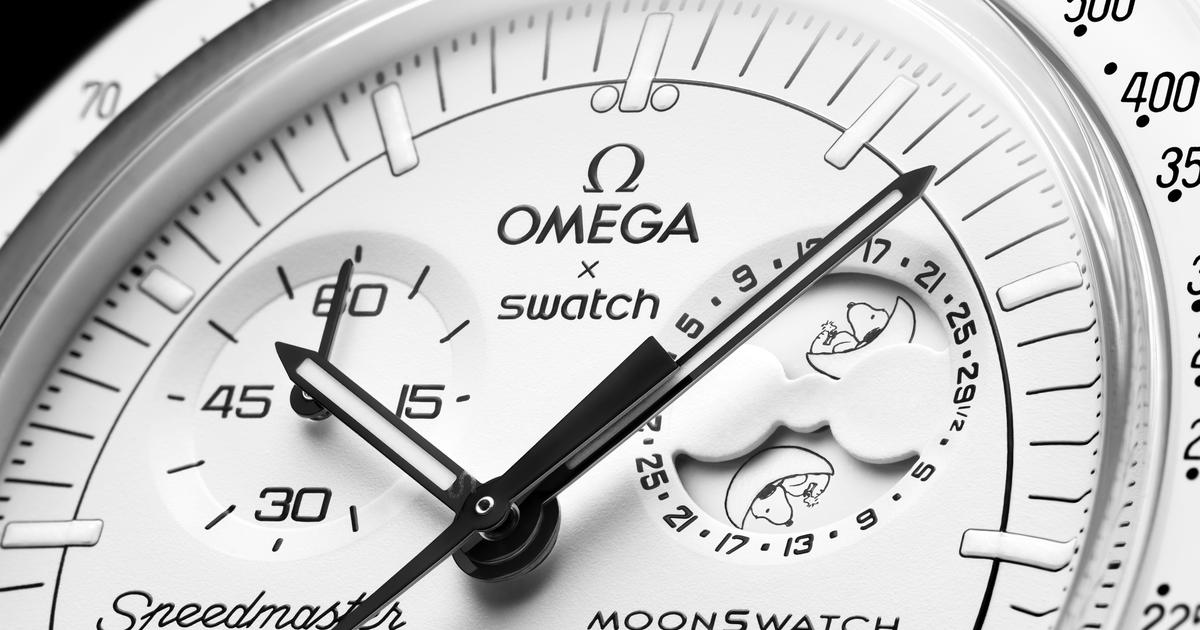Enlarge image
Astronaut Tim Peake has his blood drawn on the ISS
Photo: CAMERA PRESS / ED / JL / ESA / ddp
Being in the weightlessness of space has an impact on astronauts' bodies. It has long been known that astronauts lose muscle mass and their bones become weaker. That is why the ISS teams complete an extensive fitness program. Now, however, other effects are becoming apparent: people break down significantly more red blood cells in space than on earth. This is reported by Canadian researchers led by Guy Trudel from the University of Ottawa in the journal "Nature Medicine".
After returning to earth, it is striking that astronauts often show signs of anemia - the so-called space anemia. Scientists have speculated for a long time about the cause of this: it was assumed that when entering weightlessness, some of the body fluids shift to the upper half of the body and that the body compensates for this shift in the first ten days in space by breaking down red blood cells.
Apparently, that assumption isn't true -- because the study says the decline in these blood cells continues throughout space.
For the examination, 14 astronauts took blood samples several times during their stay on the ISS.
The values were supplemented with analyzes of breath samples.
Because when red blood cells are destroyed, the red blood pigment hemoglobin is released, which is then broken down by enzymes.
This produces carbon monoxide (CO), the concentration of which can be measured when astronauts exhale.
Anemia worsens over time
Red blood cells are also constantly broken down and replaced on Earth – but to a lesser extent: According to measurements, the breakdown of these cells increased by 54 percent in space – from around two million per second to around three million. "Our study shows that more red blood cells are destroyed after arrival in space," Trudel is quoted as saying in a statement from the university. "And that continues throughout the mission." The scientists assume that in space, compensatory red blood cells are replicated in the bone marrow. But they suspect that the anemia worsens with time in space. They found no evidence of inflammatory processes as the cause of the anemia.
In weightlessness, anemia is not a major problem at first.
However, it can become problematic when the astronauts return to earth or land on other celestial bodies.
"The anemia could affect their energy, stamina, and strength and threaten the goals of the mission," says Trudel.
While the astronauts on the ISS train against muscle atrophy on treadmills, for example, the loss of red blood cells could reduce their performance.
Because if you don’t have enough of it, you will have shortness of breath more quickly and will be more tired.
This could pose problems for future expeditions, such as a trip to Mars.
The flight to the neighboring planet alone would take more than six months.
The blood values of the astronauts examined normalized after three to four months on earth.
But even a year after their return, they continued to break down more red blood cells than they did before the mission.
The new findings could be important for the growing number of space tourists as well as for patients on Earth.
Because if you have to stay in bed for a long time due to an illness or an accident, you often also get anemia.
This mechanism is also not fully understood.
Trudel suspects that there could be mechanisms similar to those of astronauts.
"If we can find out exactly what causes the anemia, then it can potentially be treated and prevented, both in astronauts and in patients here on Earth."
joe/dpa















